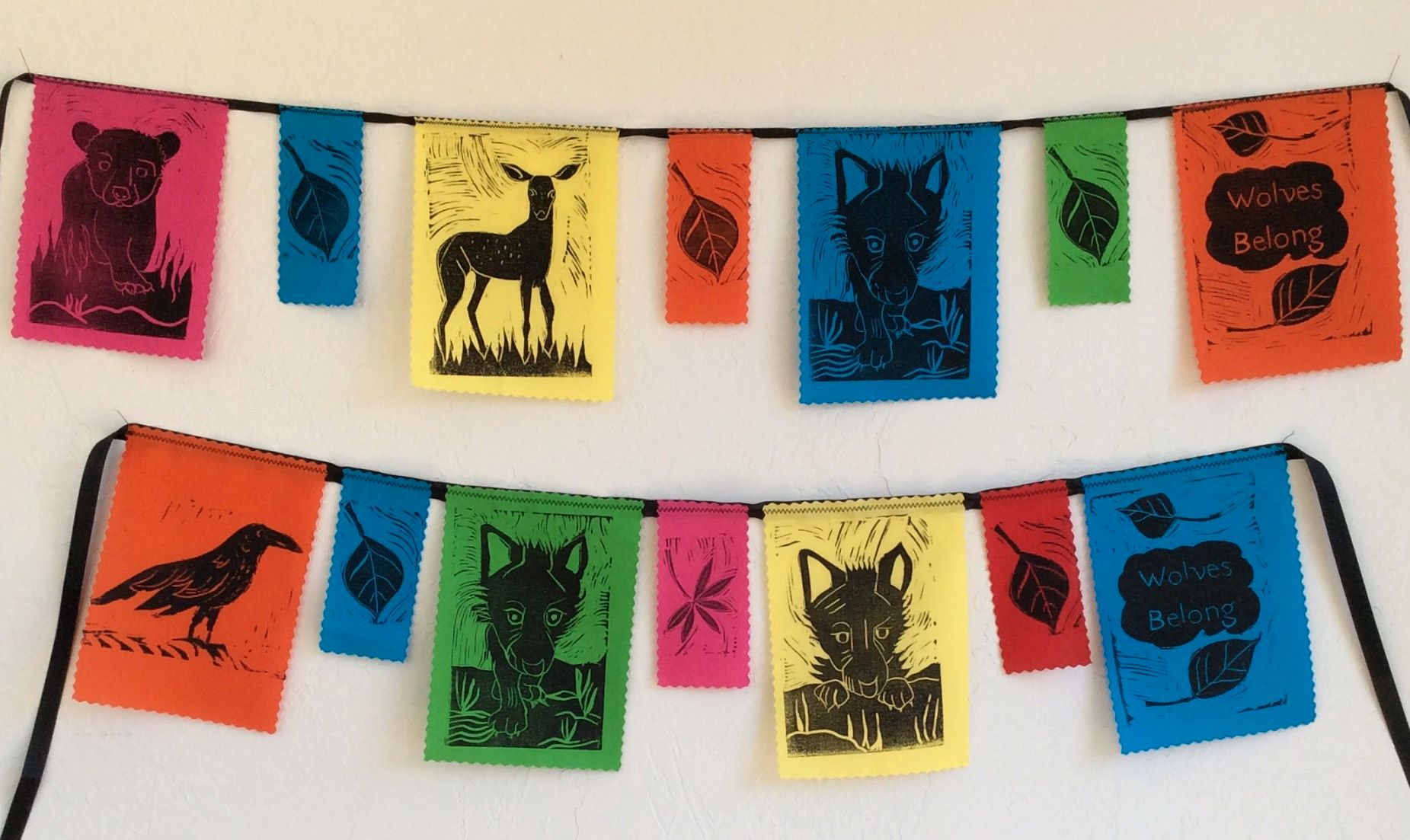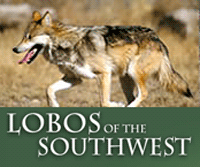Open to children and youth under 18 years old - deadline Thursday, December 4, 2014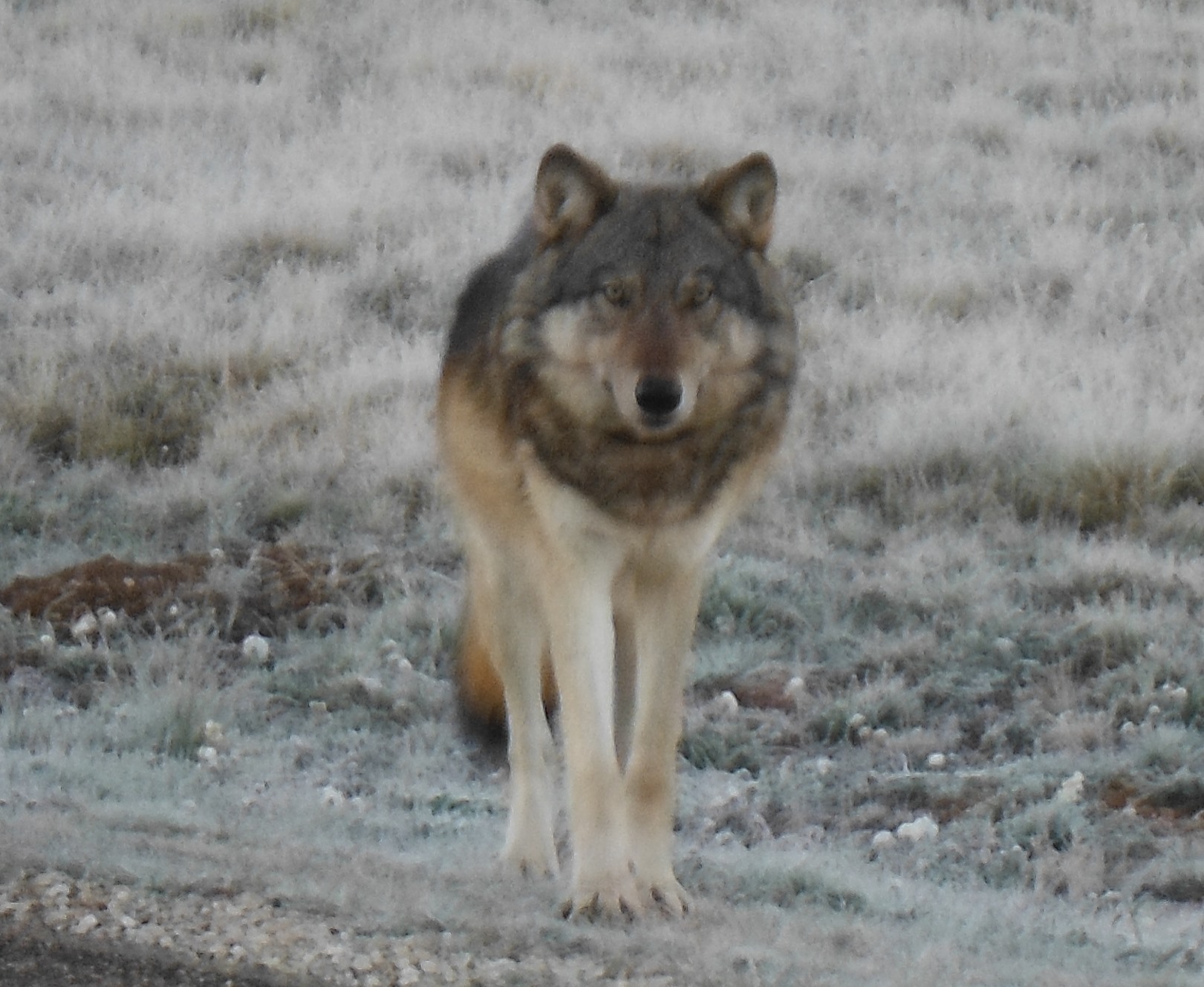
U.S. Fish and Wildlife Service has confirmed, through DNA tests on scat, that there is a female northern Rockies gray wolf on the Kaibab National Forest, near the north rim of Grand Canyon National Park in Arizona.
This brave female is the first wolf in this area for more than 70 years! This historic and cause for celebration!
We think this amazing pioneer inhabiting an area where wolves once thrived deserves a special name. That's why groups from all over the west are working together on this contest!
You must be under age 18 to enter. If you would like to help name this unique animal and be part of his or her story, please fill out the form here with your parent or legal guardian*: http://goo.gl/forms/WqfkUrdtTl
The deadline to enter is December 4, 2014
The winning name will be announced by Monday, December 8, 2014.
Background information:
The Kaibab Plateau has forested lands with elevations up to 9,000 feet, surrounded by the sage, grasslands and canyons of lower elevations. It is bordered on the south by the Grand Canyon, on the east and west by tributary canyons of the Colorado River, and on the north by plains that are dissected by the tiers of uplifted cliffs of the Grand Staircase.
Wolves were once native to this part of the Grand Canyon region, but were wiped out by a federal extermination program in the early 1900's. Scientists say this area is great habitat for wolves.
Mexican gray wolves, a subspecies of gray wolves, live in Arizona and New Mexico but the government won't allow them to live north of Interstate 40. Gray wolves from the northern Rocky Mountains are mostly in states north of Utah and Colorado and are bigger than Mexican gray wolves, or lobos.
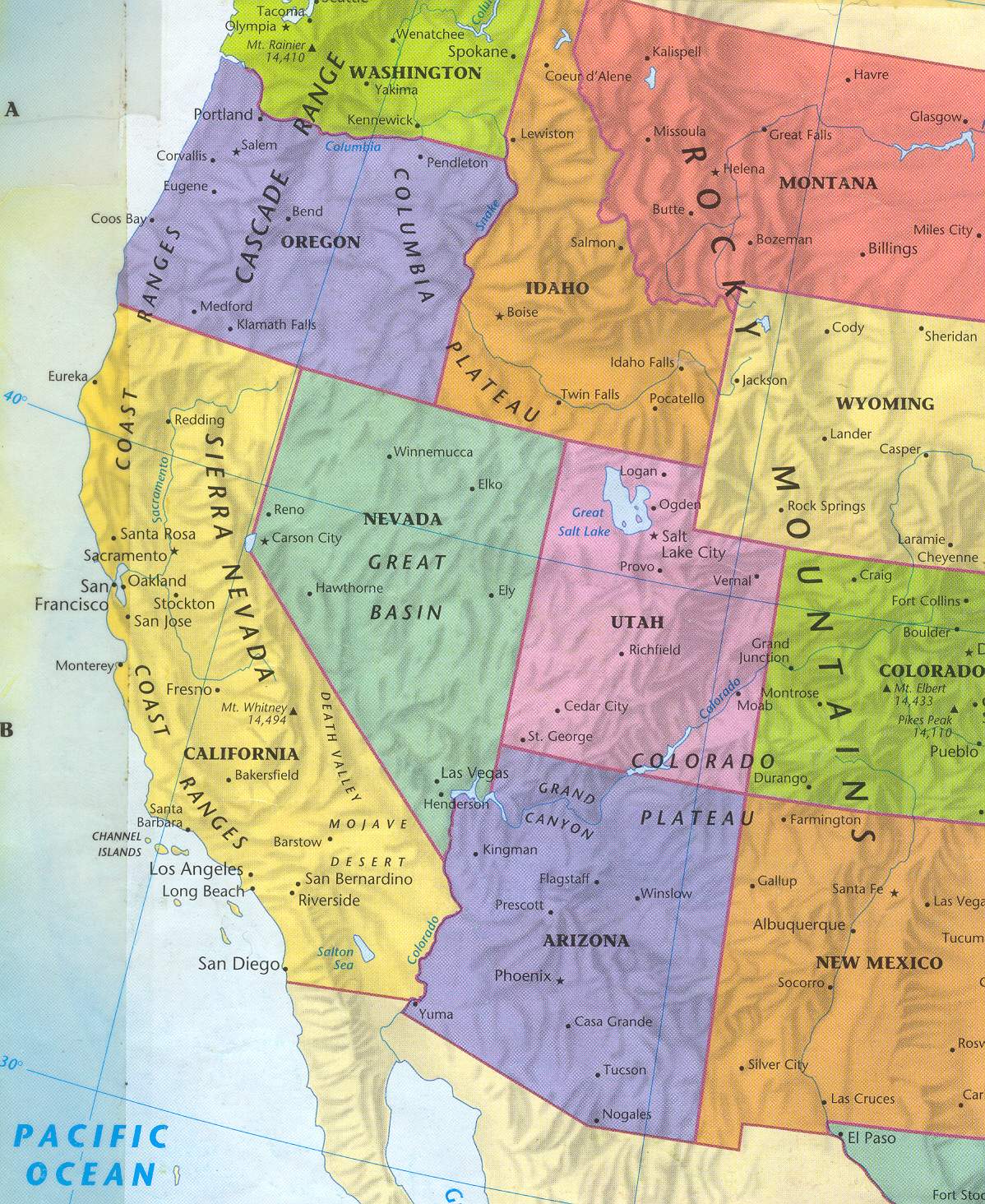 Gray wolves are legendary for traveling long distances, and this wolf would have have traveled hundreds of miles from her home in Wyoming or another Rocky Mountain state through Utah and into Arizona.
Gray wolves are legendary for traveling long distances, and this wolf would have have traveled hundreds of miles from her home in Wyoming or another Rocky Mountain state through Utah and into Arizona.
Gray wolves are currently federally protected under the Endangered Species Act in Arizona. If this is a wolf, the government should do all in its power to protect her or him.
Wolves are intelligent, feeling animals who often live in families (packs) with their mates, siblings, and pups. Sometimes, like this animal, they travel long distances from their original family to find a mate and start a family of their own.
Enter the contest here.
Thank you for helping!
*The information entered in the form will not be used for any commercial purpose or shared with anyone not involved in the contest except for publicity about the contest.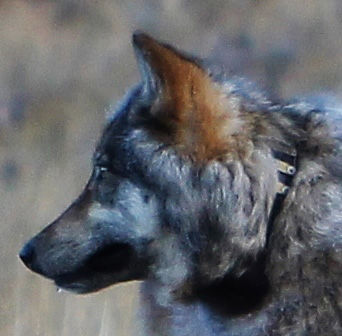
Photos courtesy of National Park Service staff and AZ Game and Fish Department

